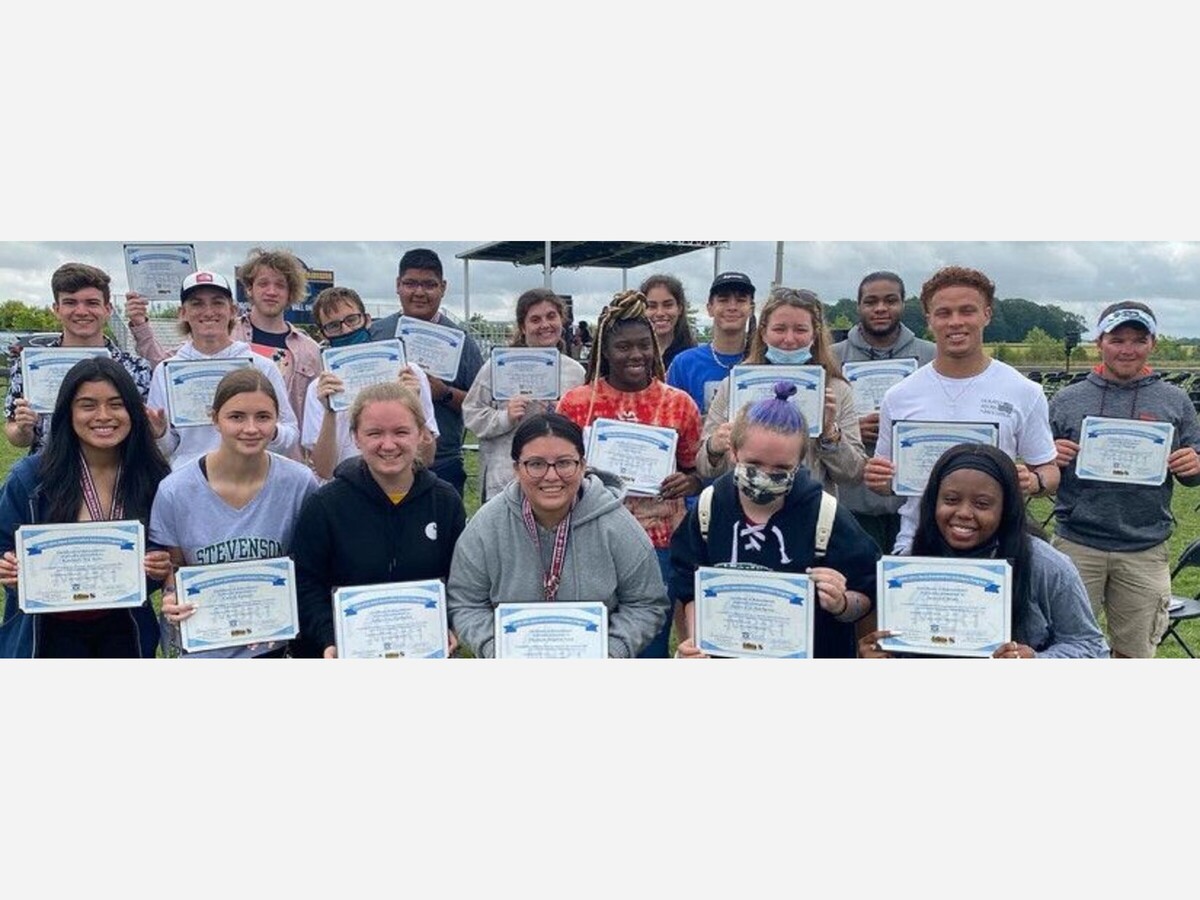Image

Governor Moore announces $5 million in grants for first-generation Maryland students
ANNAPOLIS, MD—Maryland Governor Wes Moore has announced a $5 million grant initiative to support first-generation students in their pursuit of post-secondary education.
The grants, administered through the Next Generation Scholars of Maryland Program, will be used during the 2025-2026 academic year to support community-led programs that assist low-income students in high-poverty school systems.
“As we work to prepare the next generation to join Maryland’s workforce, we must ensure that students from every corner of our state are included in that vision,” Moore said. “We’re doubling down on our efforts to connect more students to the 2-year institutions, trade schools, and apprenticeship programs. Because in Maryland, a comprehensive approach to building our workforce means encouraging every path to success, and leaving no one behind.”
Established by the Maryland General Assembly in 2016, the Next Generation Scholars program assists students who pre-qualify for the Howard P. Rawlings Guaranteed Access Grant. Participating students are connected with non-profit, community-based organizations that provide mentoring, academic tutoring, mental health support and college readiness programming. Students are identified as early as eighth grade to receive support through high school and their first year of post-secondary education.
“These grants are critical for non-profit organizations who work to develop students in the most vulnerable areas of the state,” said Maryland Higher Education Commission Secretary Dr. Sanjay Rai. “Identifying cohorts of students as early as middle school places them in a position to receive much needed support through high school graduation and into college.”
The grants also support the administration’s efforts to combat childhood poverty. Several awardees are members of the ENOUGH Initiative, including the Latin American Youth Center and The Y in Central Maryland. Organizations that primarily serve young men and boys, such as Next One Up, also received funding.
A review panel recommended funding for 13 organizations: